Osteoarthritis is a disease that is accompanied by dystrophic changes in the articular cartilage without an inflammatory process. As a rule, the disease is diagnosed more often in the elderly (after 45 years). However, there are exceptions when the disease strikes at a young age, mainly after injuries. It is impossible to get rid of it completely. To relieve exacerbation and improve the general condition, the treatment of arthrosis should be comprehensive.
How to treat osteoarthritis?
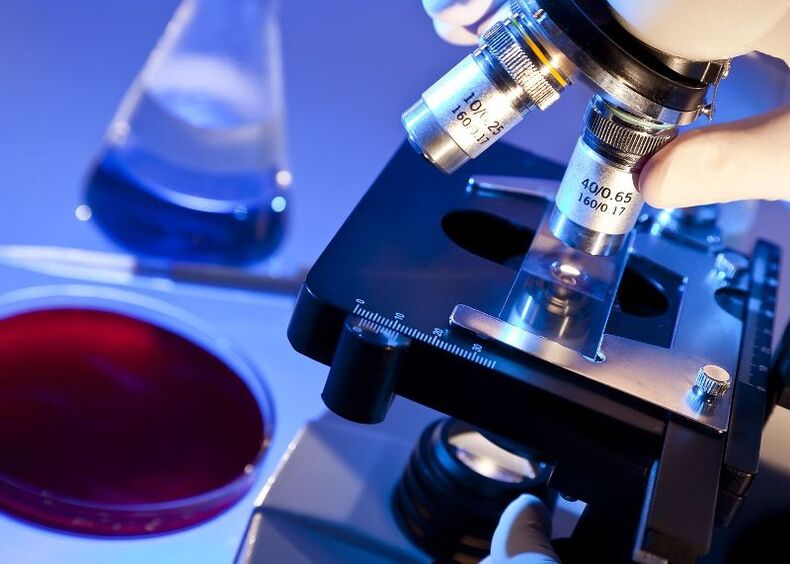
In complex therapy, the following is used:
- medicines (painkillers, anti-inflammatories, chondroprotectors);
- physiotherapy (heating, laser, UVT therapy, electrophoresis, ultrasound);
- special exercises;
- surgical intervention (in the later stages, in the absence of the effectiveness of drugs);
- folk remedies;
- massage therapy;
- non-traditional methods (hirudotherapy, acupuncture, acupuncture).
Each of the treatment steps must be developed by the physician individually for each patient.
How to treat osteoarthritis with drugs?
To date, there are a large number of drugs used to treat this disease. However, they only help to eliminate the main symptoms and alleviate the patient's condition. It is impossible to restore joint cartilage, since dystrophic changes are irreversible.
Medical therapy consists of the following drugs:
- NSAIDs to reduce pain and inflammation
- chondroprotectors with chondroitin and glucose;
- corticosteroids for intra-articular administration are used in severe cases of the disease, they can relieve inflammation and restore mobility in the damaged joint;
- hyaluronic acid for intra-articular injection - used as a joint lubricant, can prevent friction, reduce pain, help in the formation of hyaluronate.
If the joint has suffered severe deformities, drug treatment will be powerless. Only surgery can replace it.
Physiotherapy
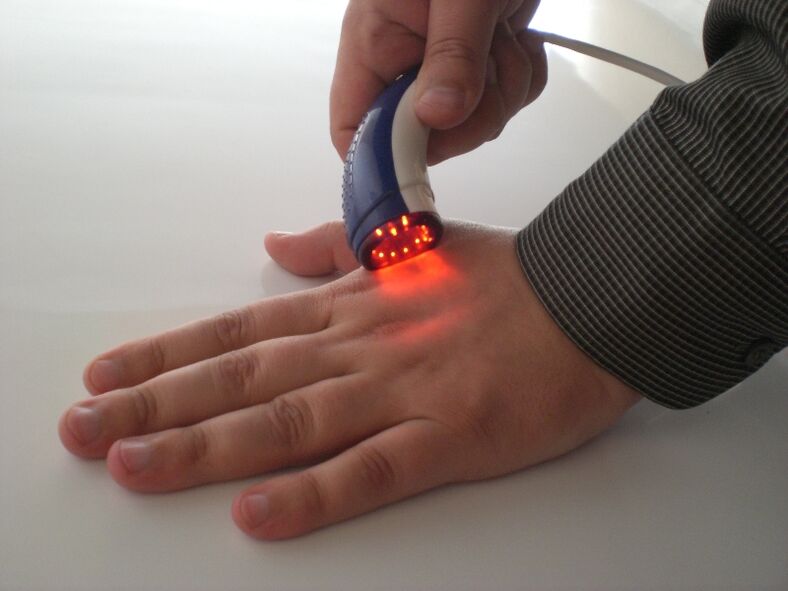
Warming up helps get rid of pain and normalize blood circulation. However, this method is used only at the initial stage of the development of the disease, when there are no serious injuries. Doctors sometimes recommend that their patients visit the bathroom, believing that it has a beneficial effect on well-being. But it should be remembered that it is necessary to warm the joint in moderation. Overheating, like hypothermia, will adversely affect the development of the disease. It is also forbidden to warm the damaged area during exacerbations.
One of the methods of physiotherapy involves the use of a laser to stop the progression of degenerative processes. During the procedure, the sore spot is exposed to a light stream. As a result, it is possible to improve blood circulation, relieve inflammation, swelling and eliminate pain. Before the procedure using a laser, the patient must be examined. When exacerbated, it is forbidden.
The efficacy of electrophoresis in osteoarthritis has been demonstrated. The affected area is affected by special preparations, for which an electric field is created. Due to this, the drug breaks down into ions, then moves to the upper layers of the skin, enters the bloodstream and spreads throughout the body.
UVT therapy helps treat osteoarthritis. This procedure helps to eliminate inflammation, soften calcium deposits and remove it from the body, reduce swelling. However, this method of physiotherapy has many contraindications, including thrombosis, diabetes mellitus, tumors and purulent processes.
Exposure to ultrasound allows you to anesthetize the affected area, relieve inflammation. Usually, ultrasound treatment is used during the rehabilitation period after surgery.
Surgical intervention
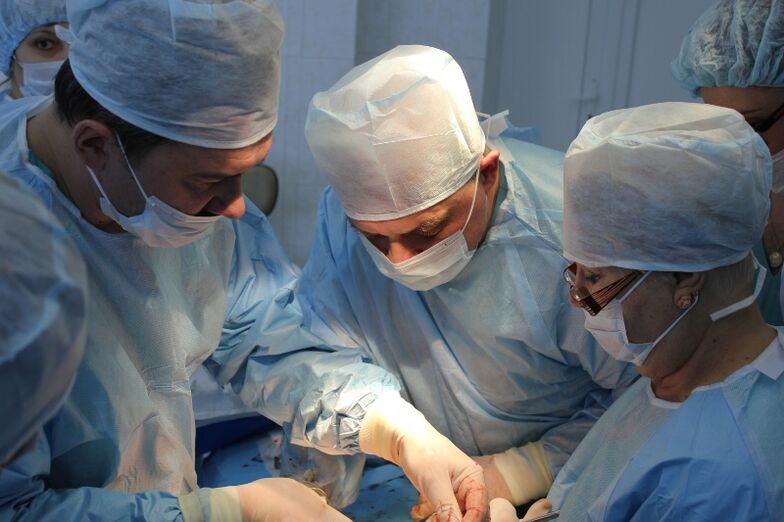
When medications are ineffective, which usually occur in the advanced stages of the disease, the doctor may decide to undergo surgery. There are several types of such operations:
- arthroplasty - damaged cartilage is replaced with an artificial pad, which helps reduce pain and improve mobility;
- prosthesis - the joint is completely removed and instead a prosthesis made of a special material is installed, which helps prevent rejection by the body;
- arthroscopy - helps prevent destruction of the joint, areas with inflammatory processes are removed during the operation.
If the patient consults a doctor at an early stage of the disease, surgery can be avoided.
Folk remedies
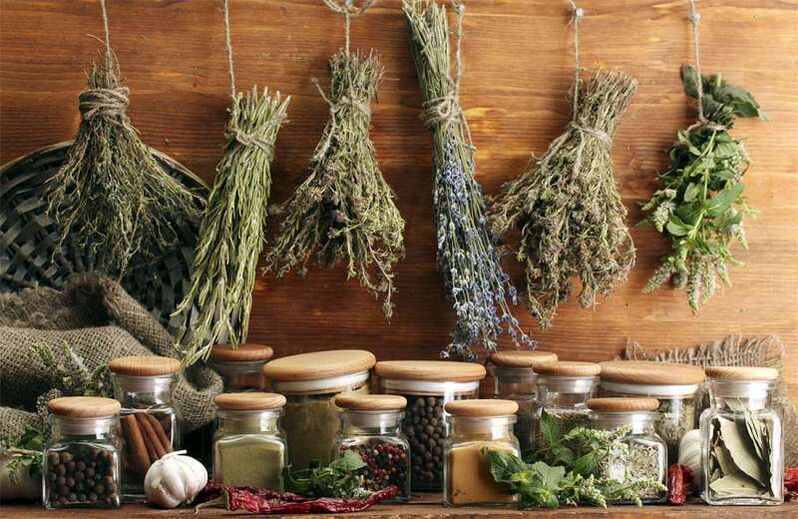
In complex therapy, in addition to medicines, folk remedies are used that help relieve the patient of unpleasant symptoms.
The following recipes have gained popularity:
- mix an equal amount of calendula inflorescence, birch leaves and nettle leaves, then pour 2 tablespoons of herb collection with 1 liter of boiling water and insist overnight, take half a glass 5 times a day;
- mix fresh egg yolk with turpentine and apple cider vinegar in equal proportions, rub the sore spot with the resulting mixture and wrap it with a wool scarf, rest overnight;
- 2 teaspoons of celery juice taken 3 times a day;
- squeeze the juice of a head of cabbage, dip a woolen cloth in it and apply it as a compress;
- boil oatmeal until thick gruel, cool and apply in the form of compresses overnight;
- pharmacy root elecampane (25 g) insist in 150 ml of vodka for 12 days, rub at night.
Traditional medicine will not replace drugs, but it will be a great addition to them.
Basic rules when using traditional medicine
Using folk remedies, you need to follow these general rules:
- before using one of the recipes it is imperative to consult a doctor who, after a thorough examination, may indicate possible complications;
- it is important not only to consult a specialist, but also to do an allergic reaction test yourself - for this, a small amount of the product is applied to the inside of the wrist for 2 hours;
- it is not recommended to exceed the dosage, as in this case the risk of side effects increases;
- it is recommended to use fresh infusions and ointments, as collected for future use are not suitable for all recipes;
- if side effects occur, treatment should be stopped and another remedy should be chosen.
To protect yourself from complications, you should follow these simple rules.
Special exercises
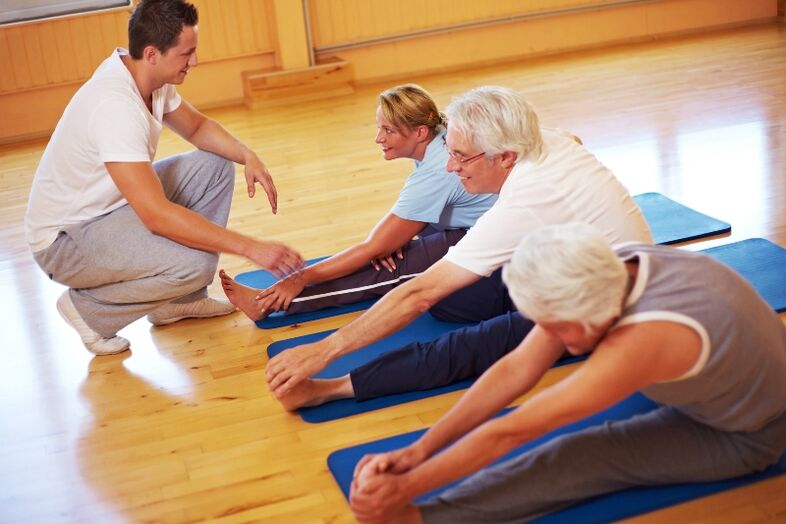
Therapeutic exercises are provided to prevent ligament weakening and muscle atrophy. Gymnastics is selected individually, depending on the patient's condition and the course of the disease. This is done by a physiotherapist.
Exercises are prohibited during exacerbations, as well as before 6 days after the removal of intense pain. The main task in performing therapeutic exercises is to restore mobility and flexibility.
Non-traditional ways
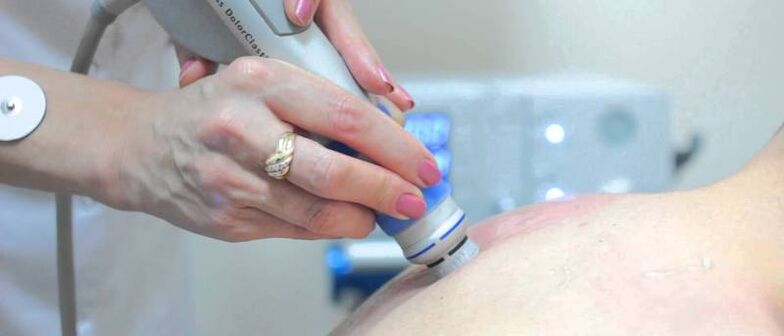
Non-traditional methods of treating this disease include hirudotherapy, acupuncture, and acupuncture.
Leeches are used in hirudotherapy. Despite the fact that this method is not medical, it is quite effective. The leeches are placed on special points corresponding to certain active zones. This helps to increase microcirculation in the tissues, eliminate muscle spasms and reduce swelling. The medicinal saliva of leeches has anti-inflammatory and analgesic properties.
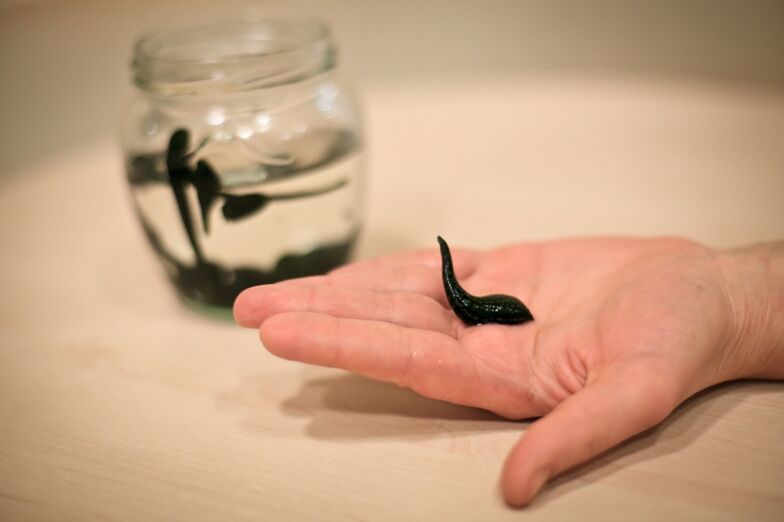
Acupuncture is based on the activation of certain points with needles. Lighted absinthe sticks are also sometimes used. The effect is similar to the result of hirudotherapy. Metabolic processes are significantly improved, blood circulation is increased and the pain syndrome is relieved.
All of the above procedures should only be performed by specialists. Otherwise, instead of improvement, a sharp deterioration in condition may occur.
Massage therapy
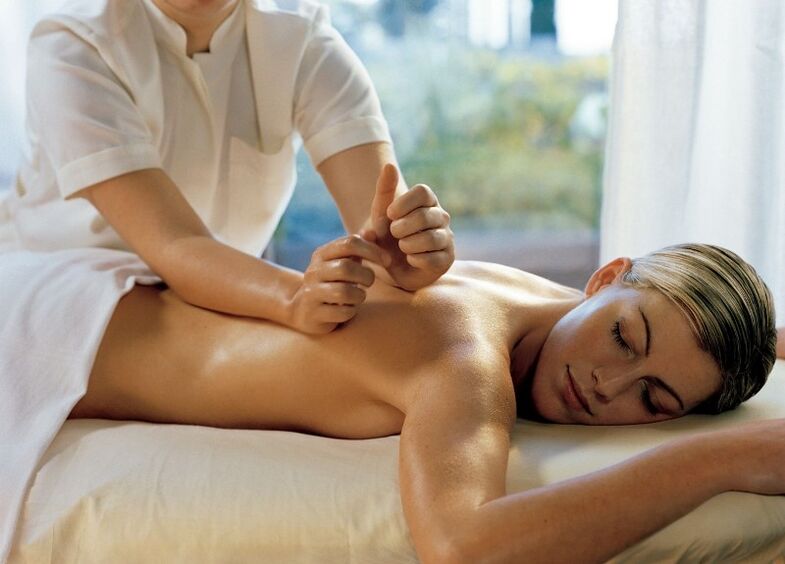
The most desirable result of therapeutic massage is the restoration of the working capacity of the affected joint. However, this is possible when osteoarthritis of the joints is in the early stage of development. The massage should only be performed by a specialist. Sometimes the patient can do it himself, but for this it is necessary to learn these techniques. Before the procedure, the damaged area is warmed up using a regular hot shower or physical therapy exercises.
One of the types is hydromassage, which is done by immersion in a hot bath. The full course includes up to 20 procedures. It is recommended to repeat at least twice a year. If the massage is done correctly, then after it there is a pleasant warmth and relaxation. To achieve the desired result, it is necessary to gradually increase the duration of the procedure.
Only an integrated approach will allow you to get rid of the symptoms of arthrosis and avoid exacerbations.














































